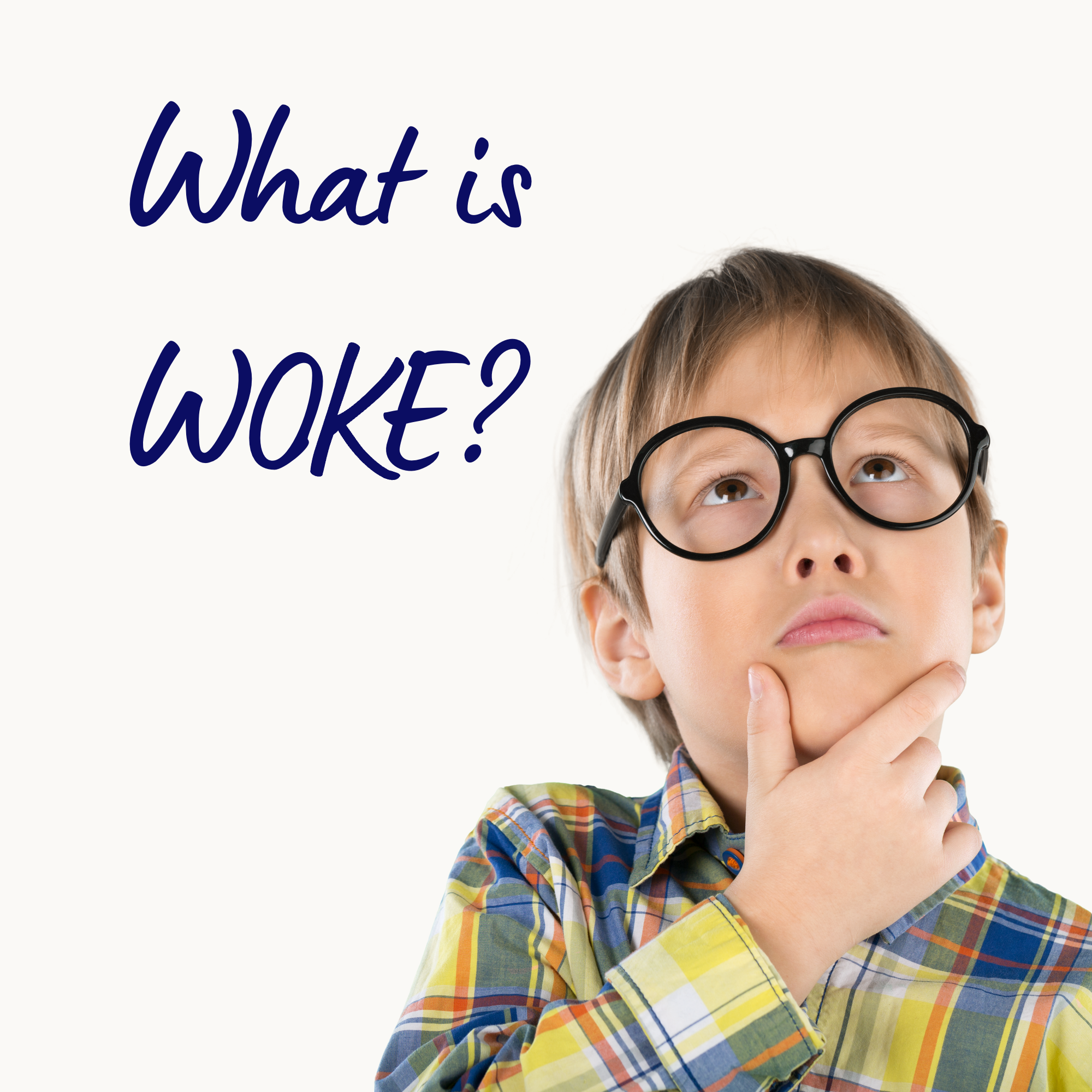Why all the fuss about “woke”?
July 24, 2023

Woke. Everyone’s talking about it, using it, embracing it, or rejecting it. So, I want to share with you what it means, where it came from, and how to use it (or not) as you wish.
Are you ready?
Let’s do this!
What does woke actually mean?
There seems to be some current debate over this, depending on which side of a political fence you perhaps sit. But the original meaning of the word “woke” or more fully “I stay woke” and refers to vernacular used by African Americans as a watchword in the early twentieth century. Literally demonstrating that they were conscious of and awake to the oppressions and injustices in society that harm them as people racialised as Black.
That’s it.
Signalling awareness of oppressions and injustices within society.
A really great (if lengthy) Vox article provides a detailed and informative picture of the word’s evolution, the earliest uses I’ve summarised for you:
1920 – “Jamaican philosopher and social activist Marcus Garvey included the summons “Wake up Ethiopia! Wake up Africa!” as a call to global Black citizens to become more socially and politically conscious.”
1938 – “a protest song by Blues musician Huddie Ledbetter, a.k.a. Lead Belly. The song describes the 1931 saga of a group of nine Black teenagers in Scottsboro, Arkansas, who were accused of raping two white women… Lead Belly uses “stay woke” in explicit association with Black Americans’ need to be aware of racially motivated threats and the potential dangers of white America.”
1962 – “novelist William Melvin Kelley wrote a first-person piece for the New York Times called “If You’re Woke You Dig It”… in the piece, Kelley points out that the origins of the language of then-fashionable beatnik culture — words like “cool” and “dig” — lay not within white America but with Black Americans, predominantly among Black jazz musicians” (remember this point…)
Why is it so popular/contentious now?
So, we know that woke is not a new word. In fact, it’s been in use for decades, under the mainstream cultural radar (for good reason if we think about what it actually stands for). What happened to make it such a go-to phrase for weaponizing against people who challenge the status quo and demand change?
Social media and mass movements of people uniting to demand social change, specifically in relation to the killing of Black people at the hands of police and other racial atrocities.
Between July 2013 and April 2018, #BlackLivesMatter had been tweeted more than 30 million times, climbing to 8.8 million times in a single day, 3 days after the murder of George Floyd.
And with that, the phrase “stay woke” gained strength and became a symbol of movement and activism, moving beyond racial injustices and starting to include movements such as #MeToo.
Okay – but Katie, we’re still staying aware of social injustices and oppressions, aren’t we? How did we get to Jeremy Vine blundering on about Guardian readers?
Or author Bethany Mandel, who literally wrote a book on “anti-woke”, but is still unable to define it…
Good questions.
What happened?
In a word. Appropriation.
Remember how the New York Times article by William Melvin Kelley in 1962? And how he wrote about white Americans appropriating Black vernacular… that.
But not only white Americans.
More broadly it seems to be by anyone in a position of power or privilege that just doesn’t understand why social change might deserve a spot on the agenda, regardless of their race, ethnicity, nationality etc. Weaponising it to insult people who they consider too “lefty liberal” or who do not agree with their beliefs.
But it’s been made easy for them. Because sadly, many of those in position or power who DO think that social change needs a prime-time spot, have also twisted the term. Choosing instead to use it as a badge of honour, feeding their white-saviourism, or virtue signalling.
That might sound a bit harsh, but it happens.
Either way, not great.
As with terms that have gone before it, such as “politically correct”, “snowflake” and “cancel culture” – “woke” has become a bit of a toxic term. It has been co-opted to take on a new meaning in certain spaces and used for ridicule and dismissal.
So, what are we to do with the term now?
Well, this one is up to you.
If you feel the term is still one that works for you, then you should very much continue to use it, doing so with the knowledge that it might be used against you. Whichever side of the woke debate you find yourself, be prepared to explain what the word means to you and why it’s important for you to use it. Again, make sure not to find yourself in Jeremy Vine or Bethany Mandel’s shoes.
If, like me, you identify with the original meaning of the term and are thinking of alternatives to use, you can start by explaining what you really believe. It’s not as snappy as a one-word label, but simply stating “I believe that inequities exist in society that disproportionately impact some groups over others” allows you start a conversation at least, without getting shut down by the woke police.
As we always say language matters. And the foundation of that is in understanding why we use the words we do, and what the meaning is behind them.
So hopefully you now find yourself in a better position to understand what someone means when they use the term “woke” (with either intention), and you can make your own informed decision of how you feel about it.
If you enjoyed reading this article, you can find more content from Katie Allen on her website HERE, and you can sign up to receive her regular newsletter filled with tips, advice, and free content HERE.